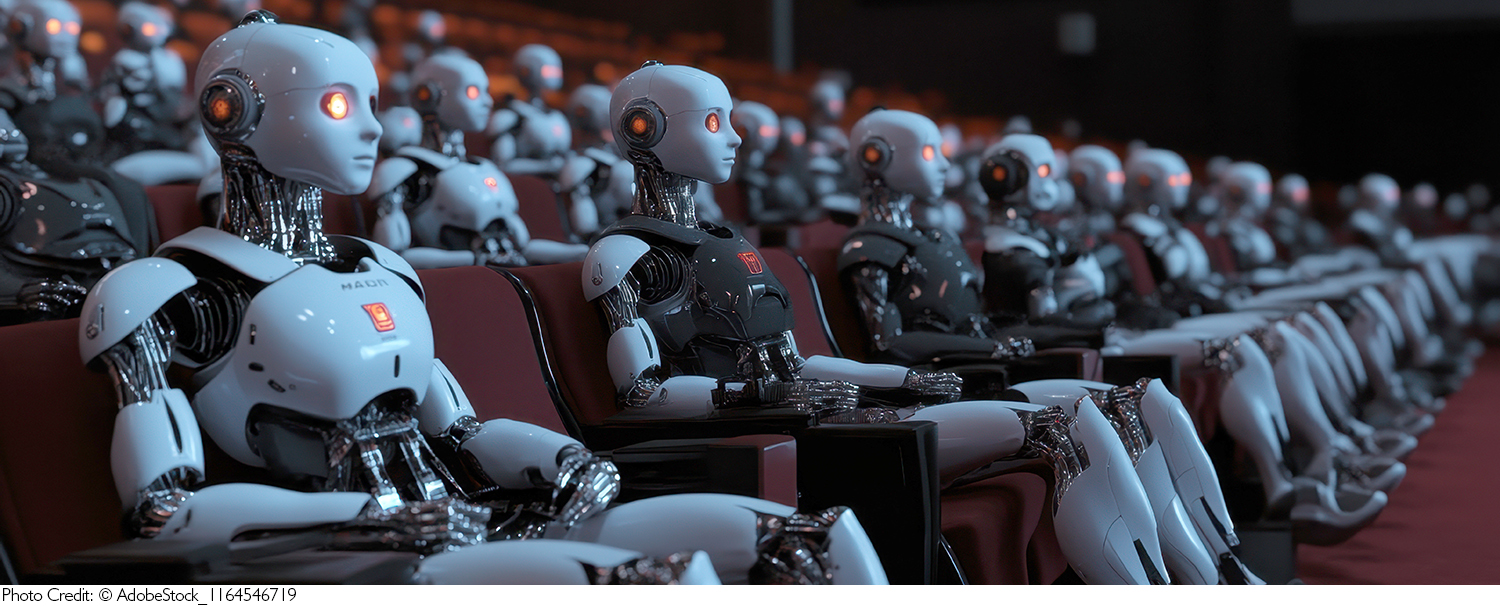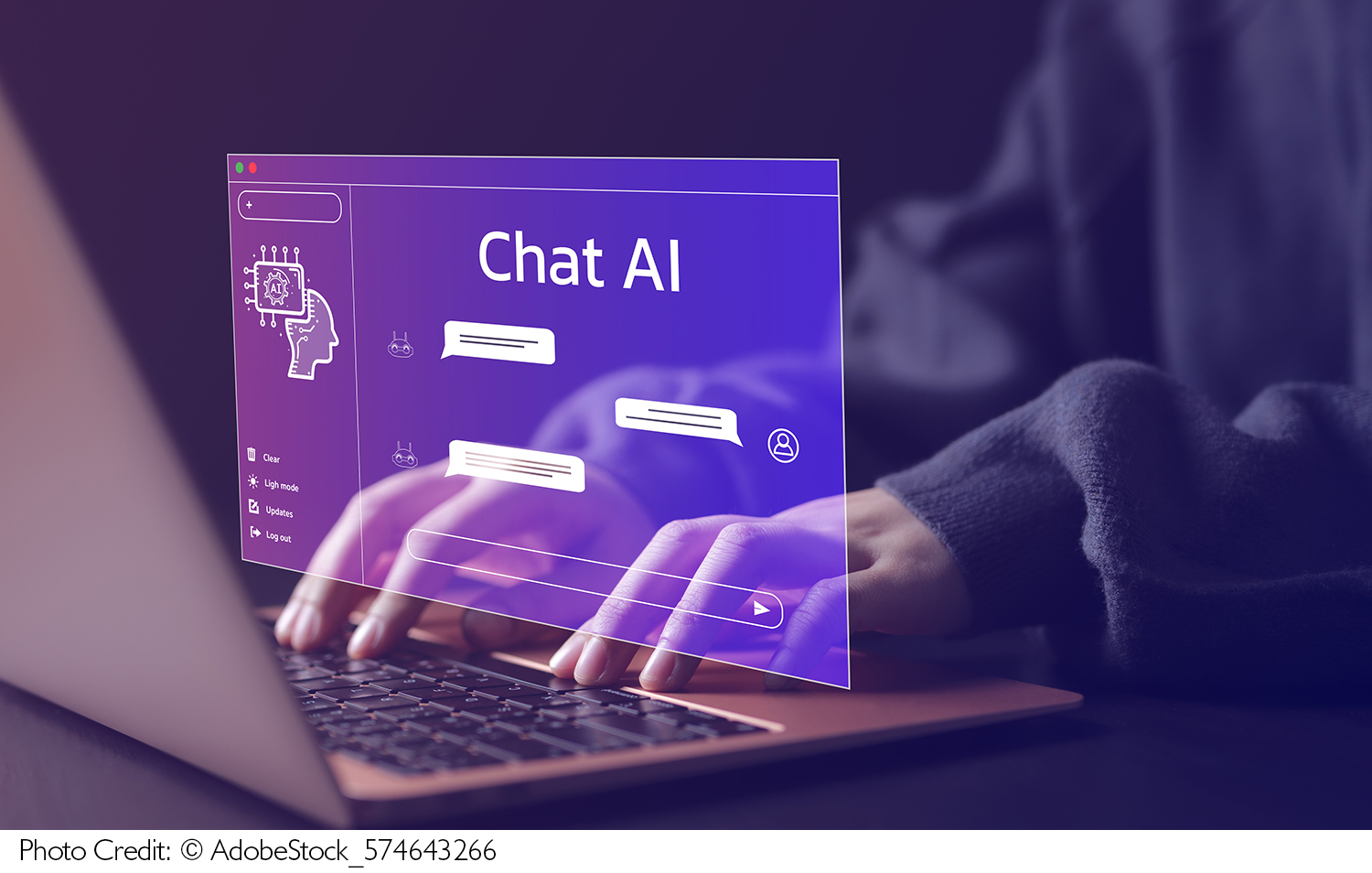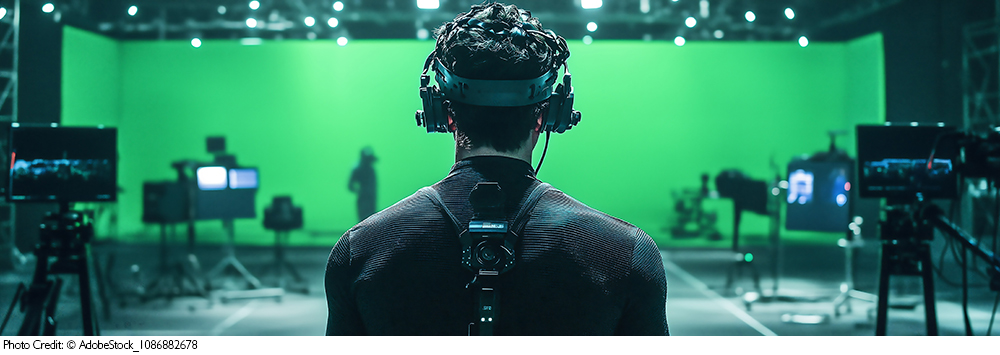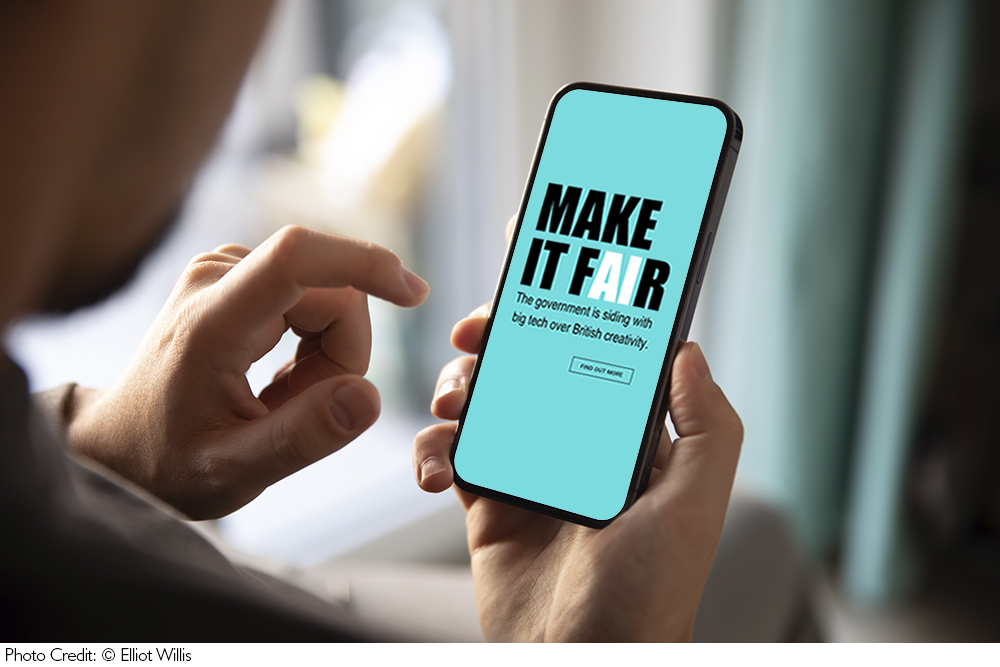AI vs theatre: What does Artificial Intelligence mean for the future of theatre?
14th June 2025
Artificial Intelligence (AI) in theatre has been a hot topic of conversation in the industry for many years with it raising vital questions more recently around creative replacement, legality and the future of theatre.
AI is already being used in theatre in areas such as script writing, lighting and sound design, marketing, ticketing, translation/captioning and virtual performances. When it comes to the latter of these areas, I am all for it. I can see how it will help improve the customer experience and boost sales.
What I don’t understand is how AI can create a heartfelt and meaningful piece of writing that tells people’s stories and resonates with audiences if it
hasn’t seen or experienced ‘life’ itself.
How can AI adapt sound and lighting systems that reflects and interprets not only the writing but also the director’s vision?

In 2021, Kwame Kwei-Armah, the then artistic director of the Young Vic theatre, read an essay written for the Guardian by the GPT-3 system, and ‘felt inspired’. Following this, the show ‘AI’ was created and written by human actors and the GPT-3 open-AI technology. A very interesting piece that showed how humans and technology could work well collaboratively.
As the years have past and technology has advanced at a rapid pace and become more sophisticated, we are still very much intrigued by robots and their capabilities but also incredibly worried about the impact it’s going to have on creatives and the industry.
Using AI in theatre might seem appealing - it’s quick, cheap and efficient - but it comes with so many challenges like threatening human creativity
and job losses.

It was suggested at a SOLT panel that virtual understudies will take over by 2050. What a scary thought. The theatre industry is already incredibly competitive with many actors struggling for work. Why pile on the pressure? Soon we won’t be watching humans on stage, it will be avatars like ABBA-Voyage.
I don’t want that to become the norm.
With AI we lose the richness of playwriting and the theatrical experience itself. Plus, there’s the legal and ethical uncertainty that surrounds it, which the government are not supporting.
Earlier this year, over 30 leaders from the arts, including Chief Executives at the National Theatre, Sadler’s Wells, Leeds Playhouse and Royal Shakespeare Company, plus musicians such as Sir Paul Macartney and Dua Lipa, have criticised a government proposal that will allow AI companies and tech firms to use artists work freely and without permission.

The theatre industry is backing the ‘Make it Fair’ campaign to fight for creatives to get their work and rights protected.
This has been more recently backed by MP Caroline Dinenage.

I understand that AI is offering a new era of theatre-making, but in my mind, a machine does not have passion, expression, emotion or the authentic voice that we are used to in theatre. It doesn’t have the life experience to tell honest and real stories, or the ability to connect with audiences on a human level.
We need to understand that AI is here to stay. AI will change theatre and the way we work, but it won’t replace it. It’s now that we need to find a way to work in collaboration and embrace AI but remain relevant and real.
This blog touches on just the tip of the AI iceberg. The rate at which AI is growing is interesting, but also concerning.
How do you feel about AI? Do you use it in your theatre productions?